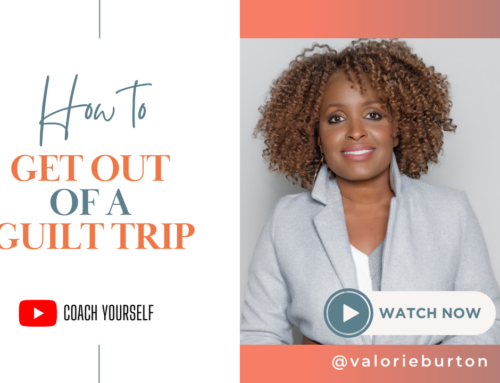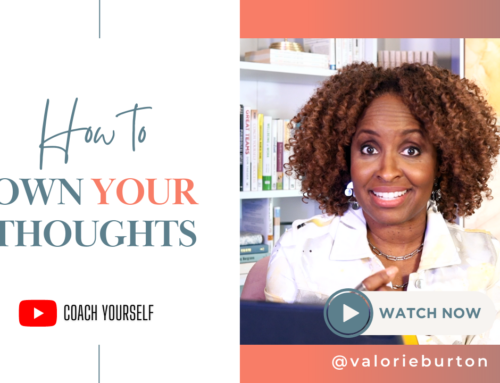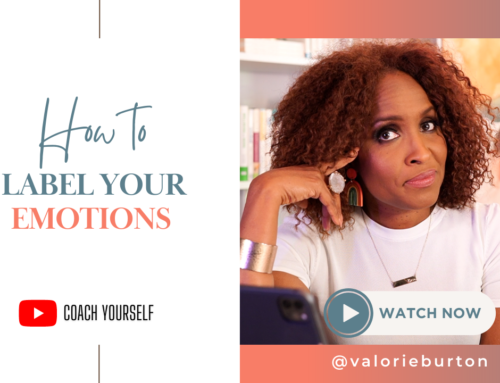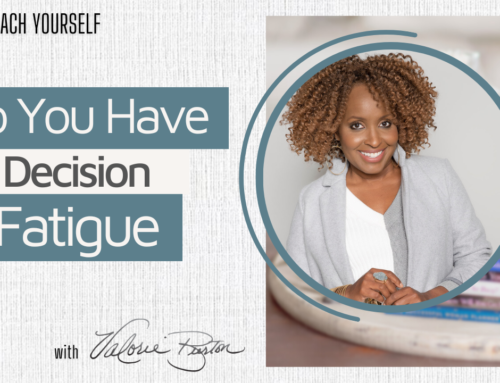“Shop ’til you drop,” might be a clever slogan for advertisers, but it’s also a literal description of what happens when you shop in an attempt to feel happier. A study released this month reveals something that any emotional spender can already tell you: Feeling down can make you go shopping … then shopping ends up leaving you sad again. It’s a vicious cycle and a bad habit. And bad habits lead to stuff you don’t want – like having credit card debt and car loans equal to a year’s salary.
If you want to be truly happy, shopping is not the path to get you there. It isolates you, focuses you on the pursuit of what you don’t have, and tends to be self-focused – all of which are bad for happiness. In my twenties, I was an emotional spender. I hate to admit it, but when I felt down or bored or lonely, I shopped. I’d get a fleeting burst of pleasure. Then I’d soon feel guilty about going further into debt.
Unlike emotional eating, racking up debt is a secret endeavor. While your budget might get tight from excess debt, your clothes don’t get tight from excess pounds. Instead, you can hide your bad habit behind a façade of fabulous clothes, a nice car, and the latest cool gadget. It’s one bad habit that can win you the admiration of the people around you. “She must be doing so well,” people believe. “I mean, look at the nice house they live in,” they wrongly presume.
But deep down, you know the truth. You feel like a fraud, parading around in stuff you can’t afford, living in a house you don’t have the money to furnish, driving a car with maintenance bills too high for your income. The debt feels like a permanent weight perched on your shoulders. This week, I encourage you to evaluate your spending habits and ask yourself:
-Are my money habits making me happier or sadder?
-A year from now, will I be happy about the financial choices I’m making right now or regretful?
Money’s a good thing, when you use it to boost happiness rather than sabotage it. If you’re prone to spend when you’re sad or stressed or frustrated, try this instead:
- Let the emotions wash through.
Honor your negative emotions by feeling them. Rather than immediately trying to numb the pain, instead say, “I’m sad right now. Maybe I need to cry or journal or talk it out with a friend.” Stuffing your emotions is a temporary fix. They’ll soon bubble back up.
- Find an alternative to shopping to help you decrease your stress.
Go for a walk in the park, visit a friend or engage in a favorite (inexpensive!) hobby.
- Have a financial vision.
Knowing where you’re headed is powerful. Write down your financial goals and keep them in front of you. When you have no goal, you can’t see how bad choices are keeping you from what you really want – financial security and freedom. When you feel tempted to spend emotionally, remind yourself of your vision.
I go deeper into the topic of money and happiness when I discuss the happiness trigger I call “financial savvy” in my forthcoming book, Happy Women Live Better: 13 Ways to Trigger Your Happiness Every Day. Pre-order it at: www.bn.com/happywomenlivebetter.



